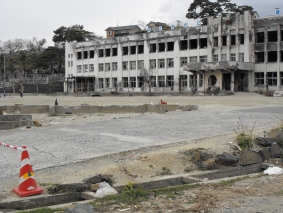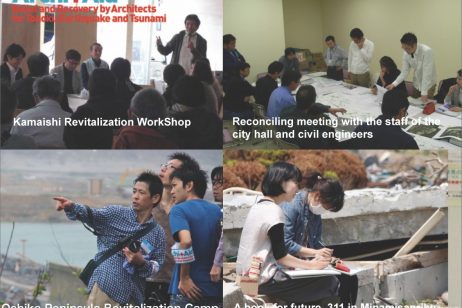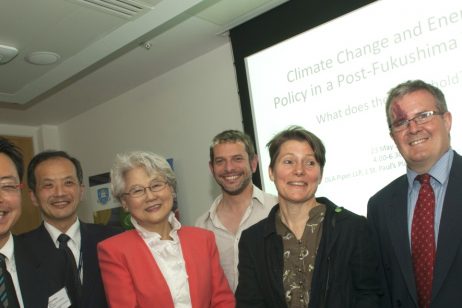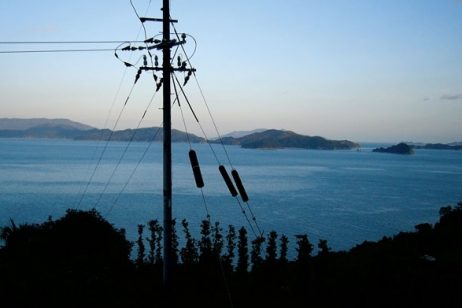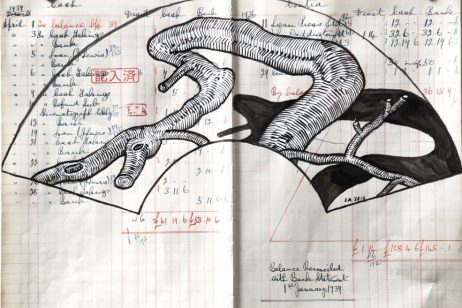28 June 2012
After the Disaster: Returning to Normal Life and Play in Tohoku
In this seminar, Dr Peter Matanle looked at plans for the reconstruction of the tsunami affected areas and assessed progress achieved thus far, and Helen Woolley focused on how the tsunami has affected children’s play. The seminar was chaired by Dr Christopher P. Hood.
More info